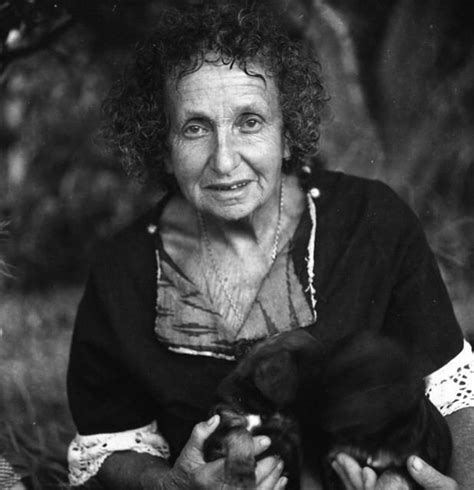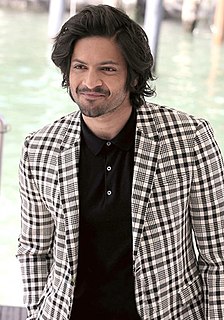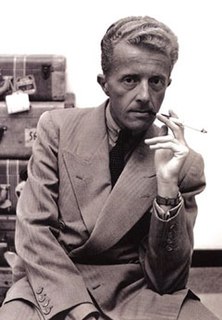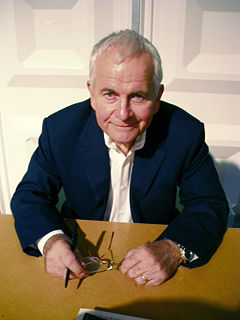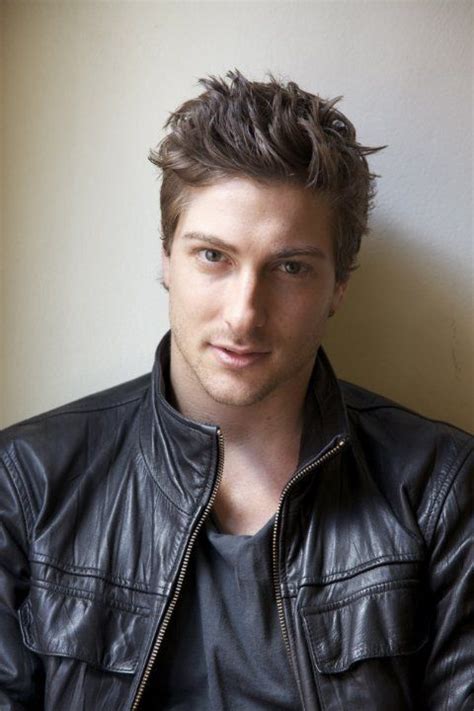A Quote by Federico Garcia Lorca
The two elements the traveler first captures in the big city are extra human architecture and furious rhythm. Geometry and anguish.
Related Quotes
Architecture produces a musical mood in our inner being, and we notice that even though the elements of architecture and music appear to be so alien in the outer world, through this musical mood engendered in us, our experience of architecture brings about a reconciliation, a balance between these two elements.
There's the internal rhythm within a sequence, and then there's the rhythm between the sequences, and that's extremely important in constructing the narrative. For example, you don't put two big dramatic scenes right next to each other. But you can use the rhythm of the transition shots; they can often serve a double purpose.



